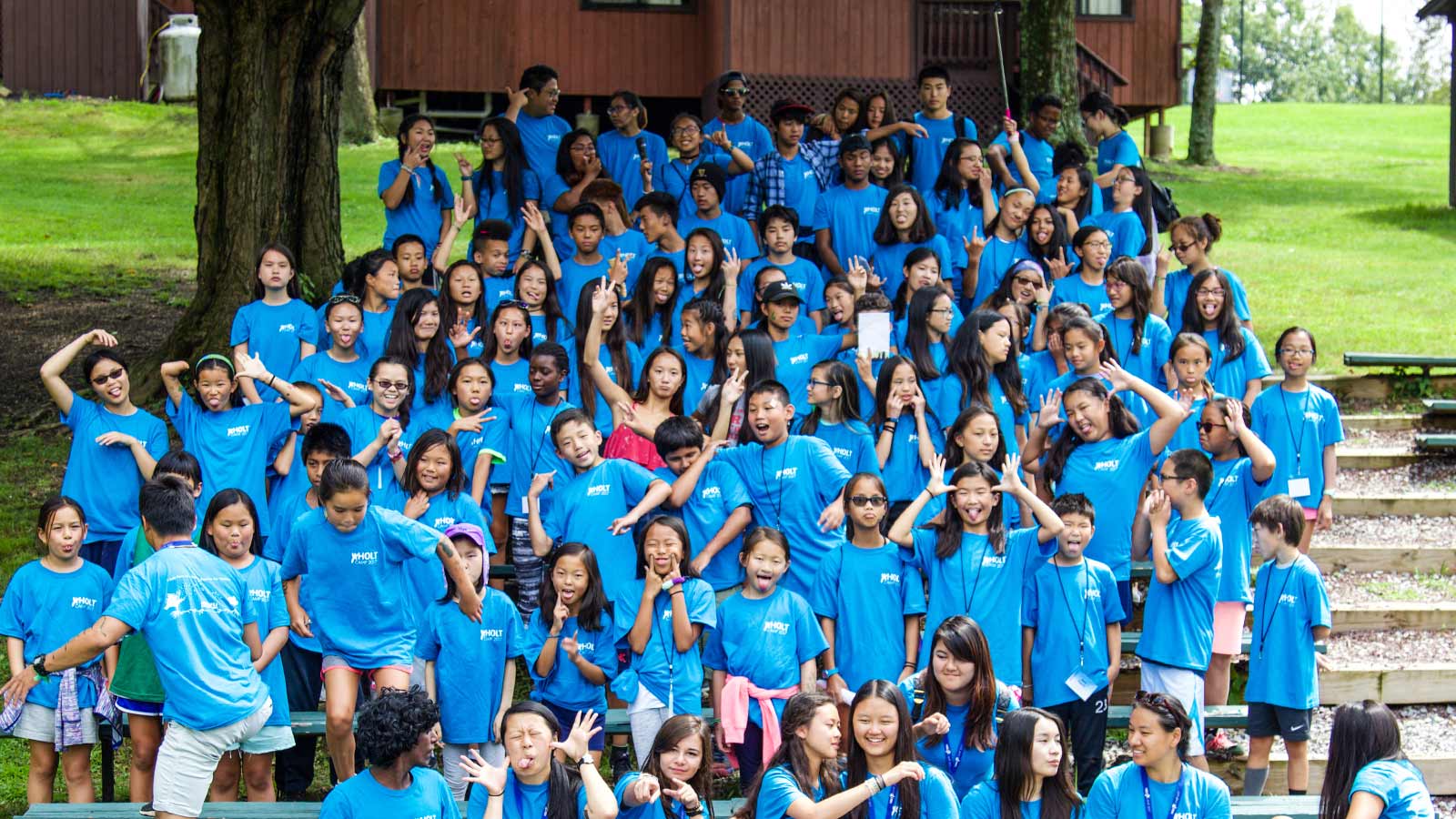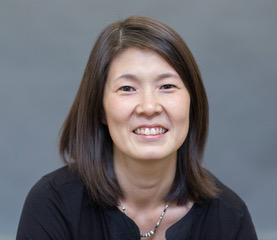Former Holt team member and Korean adoptee Caitlin Howe reflects on her time at Holt Adoptee Camp, as a camper and as a counselor.
In 2005, I attended Holt’s sleep-away camp for adoptees in Oregon. What is today known as “Holt Adoptee Camp” was a lot different back then. It was called “Holt Heritage Camp” and as the majority of adoptees back then were adopted from South Korea, they would herd us all together in the cafeteria during the day to learn little bits and pieces of Korean language or teach us how to fold a proper egg roll. This year, I returned to camp again as a camp counselor and it was incredible to see the changes in camp as well as myself.
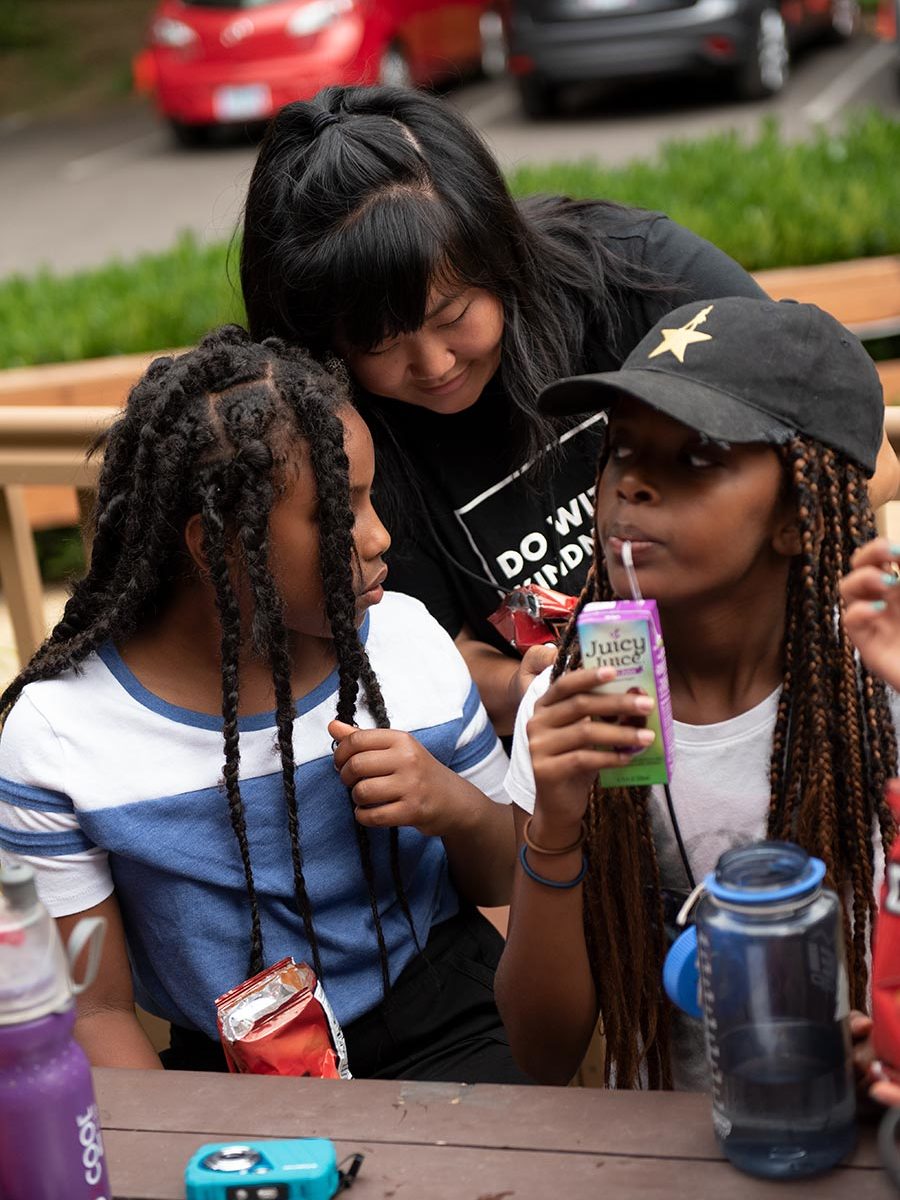
When I was 14, it was definitely not my idea to go to camp with a bunch of adopted children. I had yet to understand the significance of this community and was more worried about my social interactions with my peers than how to talk about adoption. It was under my parent’s enthusiastic advisement that my brother and I attended Holt camp that summer. My brother and I were both adopted from South Korea as infants and we had lived the first half of our childhood in California, where we had a robust community of adopted families in our lives. My parents hosted Christmas parties for adoptive families and we were all but a permanent fixture at Holt picnics and events. Then we moved to Oregon, so that we could be surrounded by mountains and trees and open skylines. My parents had always dreamed of raising us in Oregon. So we packed up our house and headed north.
Once in Oregon, we quickly realized we would have to make many adjustments to our new life. With this move, my brother and I had gone from a pretty diverse community to being part of the very, very small number of non-white children in our school. We no longer had access to adoptee community and hardly ever saw children that looked like us. My brother would get called “China boy” by the kids on the playground and come home crying those first few weeks. I did not know how to express it, but I missed what we had left behind. I missed that feeling of not feeling so different and having a group of friends that were in some ways “just like me.”
I did not know how to express it,
but I missed what we had left behind.
I missed that feeling of not feeling
so different and having a group of
friends that were in some ways,
“just like me.”
When we pulled up to Holt camp that summer, I was nervous and I can fully admit that I was surprised to see a field full of Asian children running around all in one place. I remember Holt camp as being really special, although if you asked me back then, I do not think that I would have had the words to describe what I was experiencing.
There are a few things that I remember vividly from that week. I can recall very clearly the faces of my counselors and cabin mates, all of whom were adopted from South Korea. They looked just like me. It’s not a phrase that I used too often in my adolescence, but when I went to Holt camp, I felt like I could easily say that those girls fit that description. Asian children living in non-Asian households. It is and it was a powerful thing to look across the cafeteria table or up at the faces of my counselors and recognize something familiar. It goes without saying that we were not identical, but there was a sameness that I did not usually get to experience on a regular basis back in my little hometown.
The second thing that I remember is sitting in the cabin one evening as we were eating snacks, talking about our worlds and worries as young people do, and there were these two girls that were huge fans of Korean pop music. They sat together with Korean music blasting from their headphones and singing along in Korean. When I asked them if they knew the words, they said “not really” but it did not seem to matter. I was so impressed that they could sing along so well without knowing what was being said! I’ll never forget that.
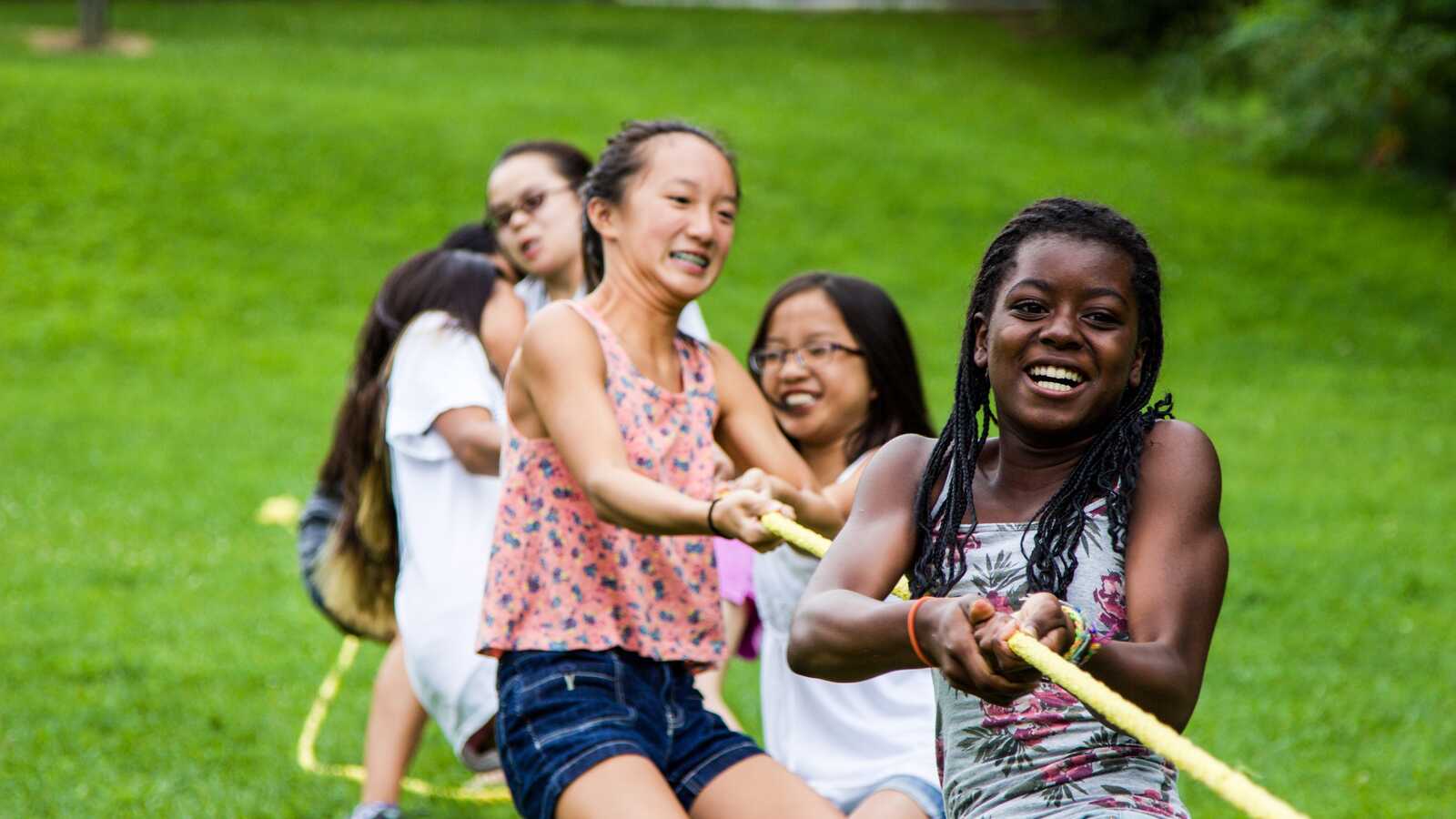
This year I was asked if I could serve as a camp counselor for a week at Holt’s Oregon camp. It had been 12 years since I was at Holt camp and though I knew there would be recognizable differences, the words “just like me” stuck with me throughout the week just as they did when I was 14. Compared to “Holt Heritage Camp,” Holt Adoptee Camp had less Korean language instruction — as well as zero egg roll-folding — but amazingly, there were still young girls who sat in the cabin blasting K-pop music and knowing every word. While there was a lack of cultural learning, there was instead an immense space for adoptees, now from all over the world, to dialogue and share and just be kids who have something big in common. It amazed me to see how naturally and unprompted conversations about identity happened between the campers.
“People are always surprised when they see my parents.”
“Yeah, me too.”
“When I tell people I’m adopted, they always ask why my parents didn’t want me.”
“Yeah, me too.”
During the course of camp I met nightly with my cabin of girls. On the first night of camp, we sat cross-legged on the deck next to the pond as the sun was setting and the girls all talked about their birth stories. One girl was abandoned at a bus station as an infant, one adopted domestically when she was two years old, and another turned over to a social worker in the hospital. I imagined for a moment the times when these girls shared their stories with people outside of camp. I remembered the reactions that I used to get when people saw my white parents for the first time and suddenly I had some explaining to do. For the girls at camp, when they shared their stories, it was not surprising because they each had a very similar story — a story of adoption.
What left the strongest impact on me from the week was the vocabulary that the campers had developed to express their struggles, their joys, and their truth about their adoptee identity. I do not think that I was half as eloquent at 15 years old when I talked about my adoption. To be able to identify our strengths as adoptees and to be able to see how others handled conversations in the world was empowering. All of this demonstrated how far Holt camp has come in supporting adoptees across the U.S. At camp, adoptees are given the opportunity and space to learn and grow from each other.
They shared in that experience, so when
their story was told, it was not shocking.
There was no need to explain, or fear being
judged, because it was something we shared.
One of my campers and I were talking on the deck one evening and she expressed that she did not really feel like being adopted was a big part of her identity. I told her that when I was younger, I felt the same way, but as I get older, I find myself constantly calibrating and understanding different parts of my identity on deeper levels. One day, her identity as an adoptee might be a very big deal to her and by understanding how to talk about it now, she is building a strong foundation of skills. She has the space to understand that she is multi-faceted and that her adoptee identity is a piece of the complex person that she is. As she returns to camp, my hope is that counselors may continue to meet her where she is and give her the allowance to continue to understand and develop as a young woman.
Holt camp remains a special place and I was able to experience first-hand how it has risen — with great intention — to the task of providing a safe space for all adoptees. Shared experiences are what help bring us together and at Holt camp, the campers are just like everyone else, but not in a way that diminishes their unique identity. Instead, Holt Adoptee Camp elevates and empowers an often misunderstood part of who they are. I am very proud of Holt as an organization for continuing to provide this place and space. Thank you to all the staff for working hard every summer and to all the parents who take the initiative to send their kids to camp. Campers are part of something very special. Just like me.
Caitlin Howe | Former Holt team member
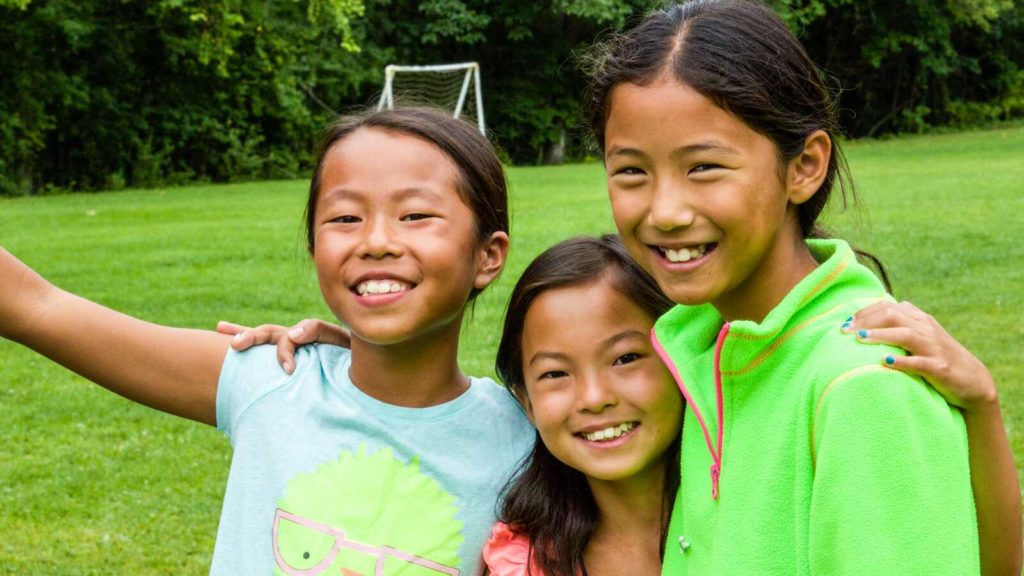
Registration for Holt Adoptee Camp is now open!
At camp, adoptees have the chance to try new things, make new friends and share their experiences with other adoptees! This program is available to all domestic, international, transracial or transcultural adoptees, ages 9-17.
